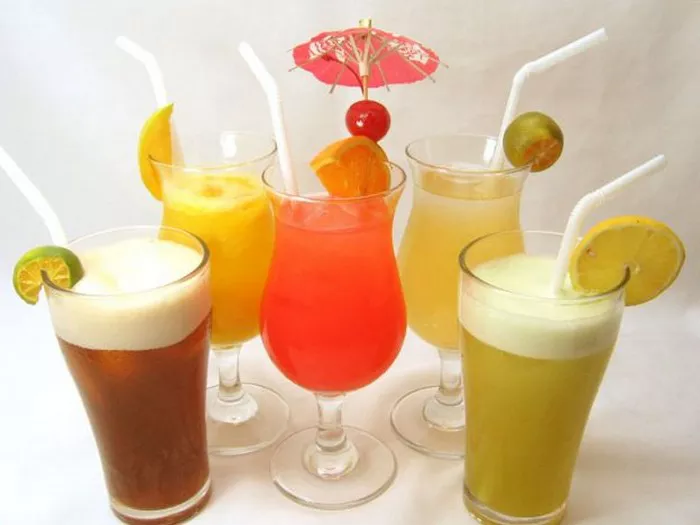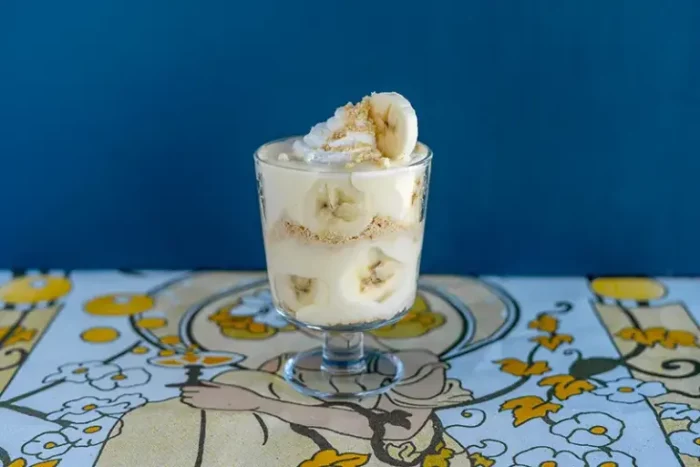High blood pressure, or hypertension, is a serious health condition that affects millions of people worldwide. It increases the risk of heart disease, stroke, kidney damage, and other serious health issues. One of the most effective ways to manage blood pressure is through diet. What you eat plays a crucial role in either raising or lowering your blood pressure. In this article, we will focus on foods that should be avoided if you have high blood pressure.
1. Salt and Sodium-Rich Foods
Salt is one of the most significant contributors to high blood pressure. Sodium, the mineral in salt, can cause the body to retain water, which increases blood volume and raises blood pressure. When your blood pressure is already high, eating too much salt can make the situation worse.
Why Salt Affects Blood Pressure
The kidneys work to balance the amount of sodium in the body. When you consume too much sodium, the kidneys can become overwhelmed, leading to water retention and higher blood pressure. This is why reducing salt intake is one of the first recommendations for people with hypertension.
Foods High in Sodium to Avoid
Processed meats: Bacon, sausages, hot dogs, and deli meats are all loaded with sodium.
Canned foods: Many canned vegetables, soups, and beans contain added salt.
Salty snacks: Potato chips, pretzels, and other snack foods are often high in sodium.
Condiments: Soy sauce, ketchup, and mustard are examples of condiments that can add unnecessary salt to your meals.
Frozen meals: Pre-packaged frozen dinners tend to be high in sodium to enhance flavor and preserve shelf life.
2. Sugar and Sugary Foods
Excess sugar intake is linked to a variety of health problems, including high blood pressure. Consuming too much sugar can cause weight gain, which in turn increases the risk of developing hypertension. Moreover, sugary foods can lead to inflammation in the body, which also contributes to higher blood pressure.
How Sugar Affects Blood Pressure
Eating too much sugar can cause your insulin levels to rise, which in turn increases the production of sodium-retaining hormones. This leads to higher blood pressure. Additionally, diets high in sugar often lead to obesity, which is a major risk factor for hypertension.
Foods High in Sugar to Avoid
Sodas and sugary drinks: Soda, sweetened teas, and energy drinks are packed with sugar and should be avoided.
Candy and chocolates: These snacks are high in sugar and fat, which contribute to high blood pressure.
Pastries and baked goods: Cakes, cookies, doughnuts, and pastries often contain large amounts of sugar and unhealthy fats.
Ice cream and sugary desserts: While they may be delicious, these foods are often loaded with both sugar and fat.
3. Excessive Alcohol Consumption
Drinking alcohol in moderation may have some health benefits, but excessive alcohol consumption can increase blood pressure. Drinking too much alcohol can cause dehydration, increase inflammation, and damage the heart and blood vessels.
How Alcohol Affects Blood Pressure
When you drink alcohol, it can cause your blood vessels to constrict, which raises your blood pressure. Long-term heavy drinking can also damage the heart muscle and increase the likelihood of developing hypertension.
Alcoholic Beverages to Avoid
Beer, wine, and cocktails: Avoid drinking excessively, as it can lead to high blood pressure.
Alcoholic energy drinks: These drinks combine alcohol and caffeine, which can spike your blood pressure levels.
4. Fried and Fatty Foods
Eating foods that are high in unhealthy fats, such as trans fats and saturated fats, can negatively affect your blood pressure. These fats can lead to weight gain, increase bad cholesterol (LDL), and promote inflammation in the body, all of which contribute to higher blood pressure.
How Fatty Foods Affect Blood Pressure
Trans fats and saturated fats can block the arteries, making it harder for blood to flow through them. This increased resistance forces the heart to work harder, which raises blood pressure. Additionally, fatty foods contribute to obesity, another risk factor for hypertension.
Fatty Foods to Avoid
Fried foods: Fried chicken, French fries, and fried fish are high in unhealthy fats.
Fast food: Burgers, pizza, and fried sandwiches from fast food restaurants contain large amounts of trans fats and sodium.
High-fat dairy products: Whole milk, cream, butter, and full-fat cheeses are rich in saturated fats.
Processed foods: Packaged snacks, baked goods, and ready-to-eat meals often contain unhealthy fats.
5. Caffeine-Rich Foods and Drinks
Caffeine is a stimulant that can temporarily increase blood pressure by constricting the blood vessels and raising the heart rate. Although moderate caffeine consumption is safe for most people, excessive intake can cause spikes in blood pressure, especially in those who are sensitive to caffeine.
How Caffeine Affects Blood Pressure
When you consume caffeine, it can cause a short-term increase in blood pressure. This happens because caffeine triggers the release of adrenaline, a hormone that constricts blood vessels and speeds up the heart rate. For people with hypertension, this effect can make their condition worse.
Caffeinated Drinks and Foods to Avoid
Coffee and espresso: Drinking too much coffee can lead to a rise in blood pressure.
Energy drinks: These drinks often contain both caffeine and sugar, which can spike blood pressure.
Soda and cola drinks: Many sodas contain caffeine, so it’s important to limit intake.
Certain teas: Some teas, such as black tea, also contain caffeine and should be consumed in moderation.
6. High-Cholesterol Foods
Foods that are high in cholesterol can contribute to the buildup of plaque in the arteries, which can restrict blood flow and raise blood pressure. When arteries become narrowed, the heart has to pump harder to circulate blood, leading to higher blood pressure.
How Cholesterol Affects Blood Pressure
Cholesterol buildup in the arteries causes them to become stiff and narrow, increasing the resistance to blood flow. This results in the heart having to work harder, which can raise blood pressure levels.
High-Cholesterol Foods to Avoid
Red meat: Beef, pork, and lamb are high in saturated fats and cholesterol.
Shellfish: Shrimp and lobster are high in cholesterol, so they should be eaten in moderation.
Full-fat dairy: Whole milk, butter, and cheese are high in both saturated fats and cholesterol.
Organ meats: Liver and other organ meats are extremely high in cholesterol.
7. Foods High in Refined Carbohydrates
Refined carbohydrates, such as white bread, pasta, and sugary cereals, can spike blood sugar levels and contribute to weight gain, which can increase the risk of hypertension. These foods are processed and stripped of their fiber content, causing them to be digested quickly and leading to rapid spikes in blood sugar.
How Refined Carbs Affect Blood Pressure
Eating too many refined carbs can cause insulin resistance, leading to higher blood pressure. These foods also tend to be low in nutrients, making them an unhealthy choice for anyone trying to manage high blood pressure.
Refined Carbohydrates to Avoid
White bread and pasta: Choose whole grains instead of refined grains to improve heart health.
Sugary cereals: Breakfast cereals that are high in sugar and low in fiber should be avoided.
Pastries and baked goods: These foods are often made with refined flour and sugar, contributing to weight gain and high blood pressure.
Conclusion
Managing high blood pressure through diet is an effective way to reduce your risk of complications. Avoiding foods that are high in salt, sugar, unhealthy fats, cholesterol, and caffeine can help lower your blood pressure and improve your overall health. Make sure to include plenty of fruits, vegetables, whole grains, lean proteins, and healthy fats in your diet to support heart health and keep your blood pressure in check. Always consult with a healthcare provider before making significant changes to your diet, especially if you have hypertension.
Related topics:























